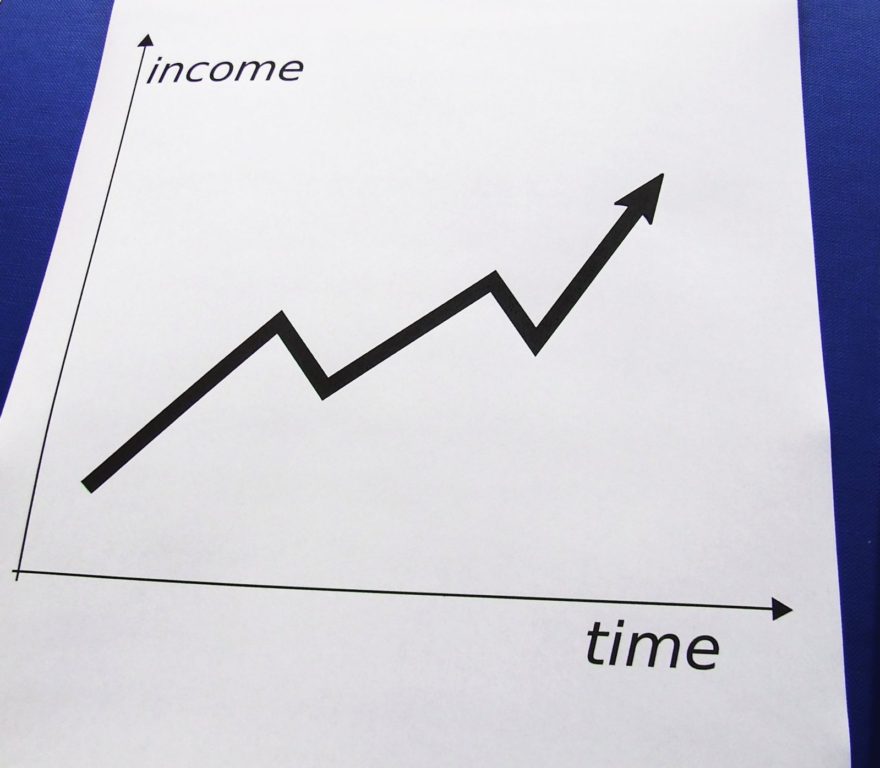As you approach retirement, you are probably thinking quite a bit about making your investment portfolio more conservative. We generally recommend that investors start dialing back their risk five years before retirement.
However, it is possible to be too conservative. Retirement is not an single date, but a long period of sustained withdrawals. We typically think in terms of a 30-year time horizon, which is not unrealistic for a 60 to 65-year old couple, given increasing longevity today.
The old rule of thumb was to subtract your age from 100 to determine your allocation to stocks. For example, a 65-year old would have 35% in stocks and 65% in bonds. Unfortunately, this old rule of thumb doesn’t work for today’s longer life expectancies.
Researchers analyzing the “4% rule” used for retirement income planning, typically find that optimal allocation for surviving a 30-year distribution period has been roughly 50 to 60 percent stocks. For most new retirees, we generally suggest dialing back only to 50/50 or 60/40 in recognition that the portfolio still needs to grow.
We still need growth in a retirement portfolio to help you preserve purchasing power as inflation erodes the value of your money. At 3% inflation, your cost of living will double every 24 years. So if you are retiring today and thinking that you just need $40,000 a year, you should be expecting that need to increase to $80,000 or more, to maintain your standard of living.
Another reason retirees should not be overly conservative: interest rates are very low today. Bonds had a much better return over the past 30 years than they will over the next 30 years. That’s not even a prediction, it’s just a fact. When we use projected returns rather than historical returns in our Monte Carlo simulations, it suggests that bond-heavy allocations are not as likely to succeed as they were for previous retirees. See: What Do Low Interest Rates Mean For Your Retirement?
The other side of today’s low interest rates is that some investors are reaching for yield and investing in much lower-quality junk bonds. While retirees often focus heavily on income producing investments, financial planners and academic researchers prefer a “total return” approach, looking at both income and capital gains.
We don’t want to take high risks with the bond portion of our portfolios, because we want bonds to provide stability in the years when the stock market is down. High Yield bonds have a high correlation to equities and can have significant drops at exactly the same time as equities.
We manage to a specific, target asset allocation and rebalance annually to stay at that level of risk. That gets our focus away from stock picking and looking at the primary source of risk: your overall asset allocation of stocks, bonds, and other investments. While no one can predict the future, a disciplined approach can help avoid mistakes that will compound your losses when market volatility does occur.







